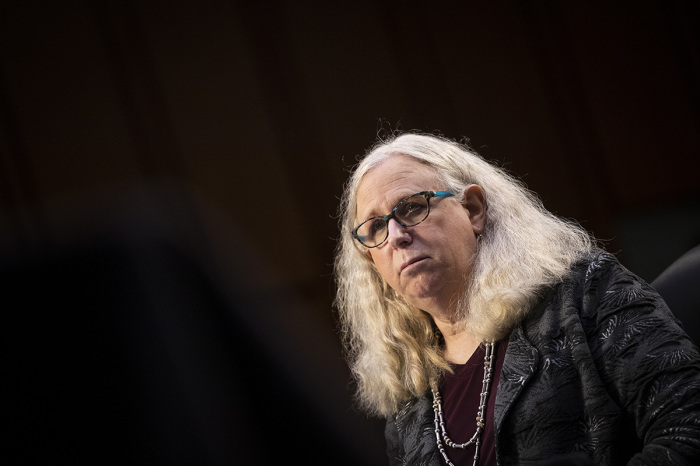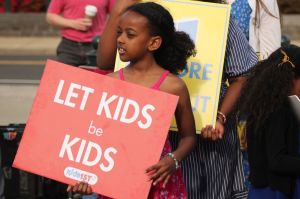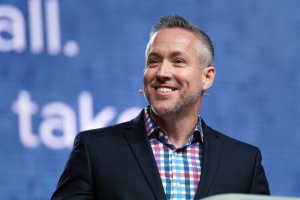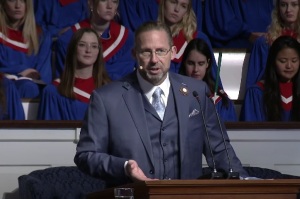Rachel Levine claims climate change has 'disproportionate' impact on black people

Assistant Secretary for Health Rachel (Richard) Levine marked Black History Month on Thursday by releasing a video claiming climate change disproportionately affects black people.
Levine also suggested the new bureaucracies established under the Biden administration dedicated to "climate change and health equity" and "environmental justice" will help tackle the alleged inequality.
This #BlackHistoryMonth I'm honored to join @MinorityHealth in Advancing Better Health Through Better Understanding for Black communities. Explore more at https://t.co/cVkHNKRu7i and don't miss next Thursday's clip to hear insights from another HHS leader. pic.twitter.com/a2QlM9bpdd
— ADM Rachel Levine (@HHS_ASH) February 15, 2024
Decked out in military uniform, the admiral in the U.S. Public Health Service Commissioned Corps, explained how pleased he was to partner with the Department of Health and Human Services' (HHS) Office of Minority Health in "advancing better health through better understanding for black communities."
"Climate change is having a disproportionate effect on the physical and mental health of black communities," Levine said. "Black Americans are more likely than white Americans to live in areas in housing that increase their susceptibility to climate-related health issues, and 65% of black Americans report feeling anxious about climate change's impact."
"Through our Office of Climate Change and Health Equity and the Office of Environmental Justice, we're working with providers and community leaders to identify innovative approaches that empower communities to address to health consequences linked to climate change," Levine added.
President Biden directed HHS to establish the Office of Climate Change and Health Equity (OCCHE) by executive order in 2021, and it rolled out under Levine's authority on Aug. 31 of that year, according to its website.
Intended to "address the impact of climate change on the health of the American people," OCCHE claims to serve "as a department-wide hub for climate change and health policy, programming, and analysis, in pursuit of environmental justice and equitable health outcomes."
The Office of Environmental Justice (OEJ) was established within the Department of Justice's Environment and Natural Resources Division in 2022, and its stated mission is "to protect overburdened and underserved communities from the harm caused by environmental crimes, pollution, and climate change."
Levine's assertion regarding the disproportionate effect of climate change on minorities echoes that of an Environmental Protection Agency (EPA) report in 2021 that found "the most severe harms from climate change fall disproportionately upon underserved communities who are least able to prepare for, and recover from, heat waves, poor air quality, flooding, and other impacts."
“The impacts of climate change that we are feeling today, from extreme heat to flooding to severe storms, are expected to get worse, and people least able to prepare and cope are disproportionately exposed,” EPA Administrator Michael S. Regan said at the time. “This report punctuates the urgency of equitable action on climate change. With this level of science and data, we can more effectively center EPA’s mission on achieving environmental justice for all.”
The World Economic Forum (WEF) has used similar arguments on a global scale, arguing that "the impacts of climate change vary greatly between countries and population groups."
"This climate crisis is a deeply unfair one, with the poor being disproportionately affected," WEF Mental Health Lead Ruma Bhargava wrote in 2023. "The countries with the fewest resources are likely to bear the greatest burden in terms of loss of life and relative effect on investment and the economy."
Jon Brown is a reporter for The Christian Post. Send news tips to jon.brown@christianpost.com




























